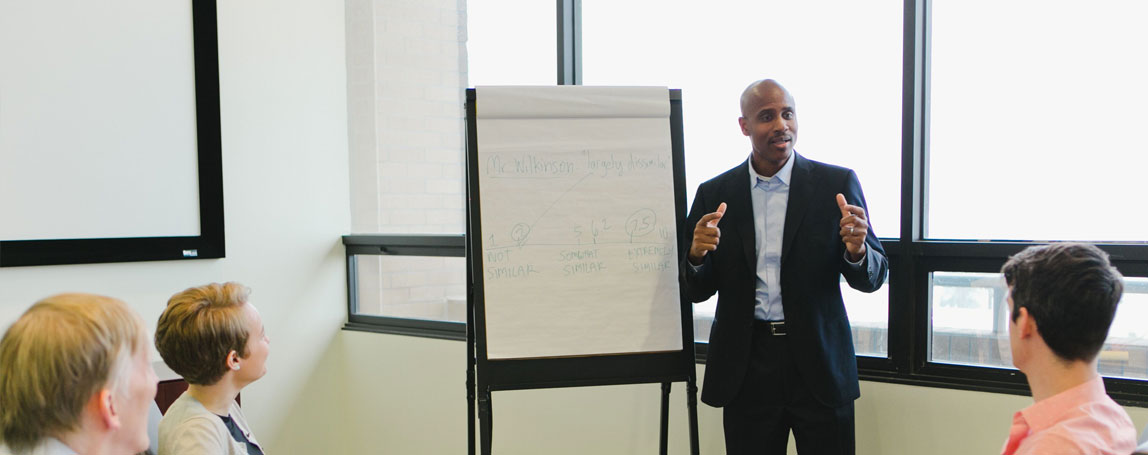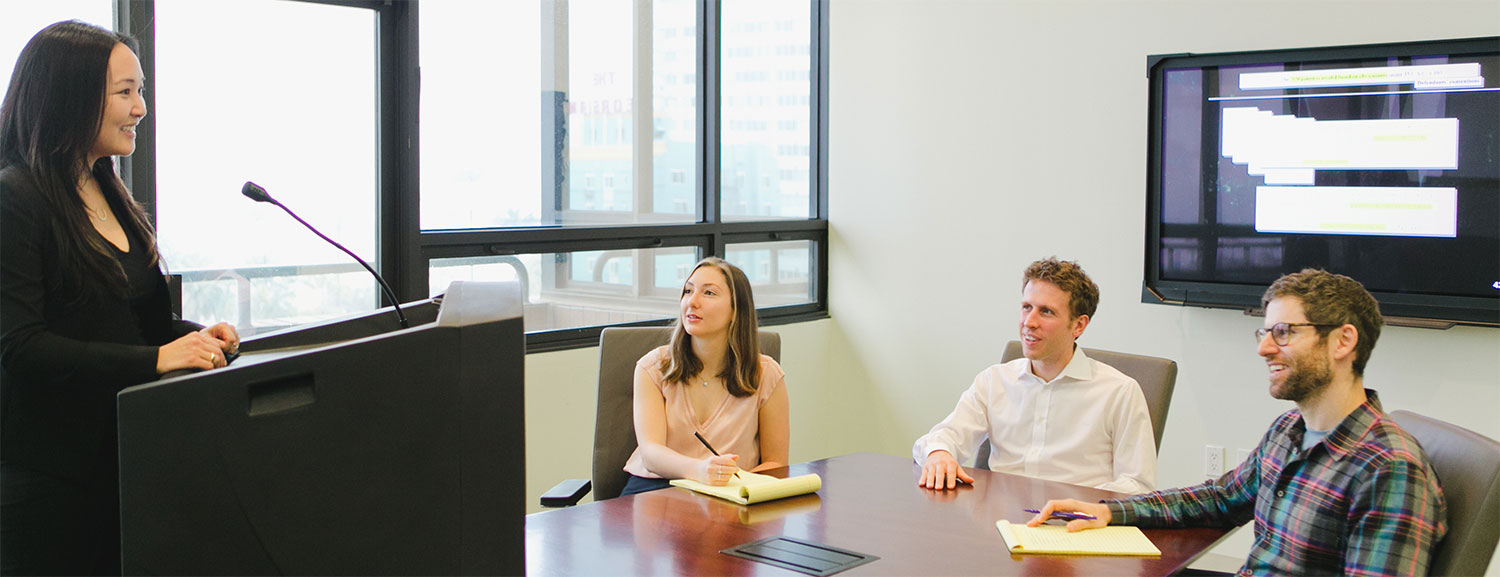Deliberate Practice

Deliberate practice:
“is activity designed specifically to improve performance, often with a teacher’s help; it can be repeated a lot; feedback on results is continuously available.”
Goff Colvin, Talent is Overrated: What Really Separates World-Class Performers from Everybody Else, p. 66 (2008).
The science of expert performance tells us that “high levels of deliberate practice are necessary to attain expert level performance.” Id. Anders Ericsson, et al., The Role of Deliberate Practice in the Acquisition of Expert Performance, 100 Psyc. Rev. 363 (1993).
Mastering trial skills requires the same principles of improvement that is required to master any human endeavor—whether that endeavor is speaking French, playing tennis, or performing surgery.
You cannot master French by occasionally speaking French when visiting France. You cannot master tennis by occasionally playing a game of tennis. You cannot master surgery by occasionally performing a surgery. And you cannot master persuasion and trial skills by participating in occasional trials. Improvement only occurs when a person focuses for an extended period on a narrow skill to the exclusion of all else (e.g., controlling an evasive witness on cross without regard to the substance of the cross-examination), repeats an exercise several times within a short period of time, and receives immediate feedback and coaching.
Litigators that receive special training in trial skills—for example, spending time as a prosecutor—may reach a level of competence. But then they merely maintain that level for the rest of their careers. The trial setting alone does not permit a trial lawyer to employ the techniques necessary to improve. You can’t stop in the middle of your direct examination and ask the judge for a “do over” or ask the jury for constructive criticism on your last question—much less do this 20 times and stop for feedback each time until the examination is perfected. As a result, veteran litigators who try a case or two every year or so do not significantly improve their trial skills.
The only way to truly master trial skills is to work on them consistently between trials. We do this at our firm.

Do you know any other firm that consistently engages in deliberate practice?